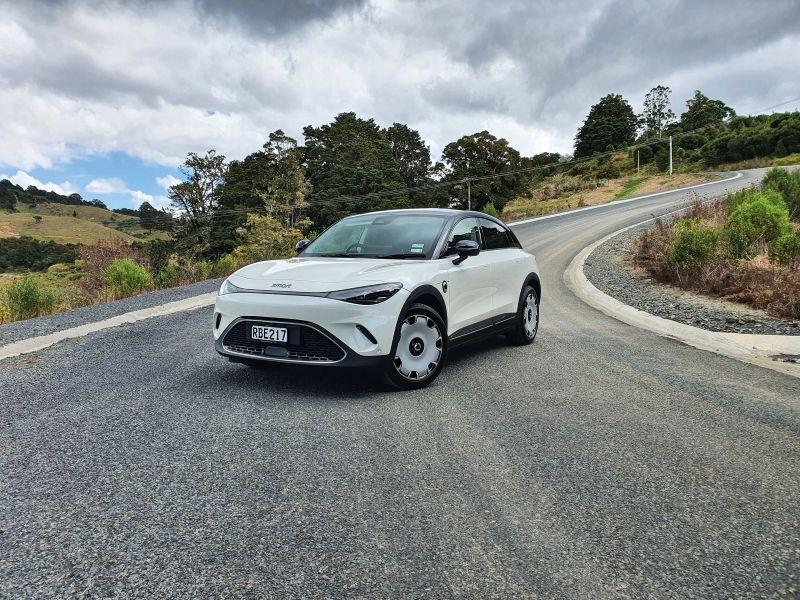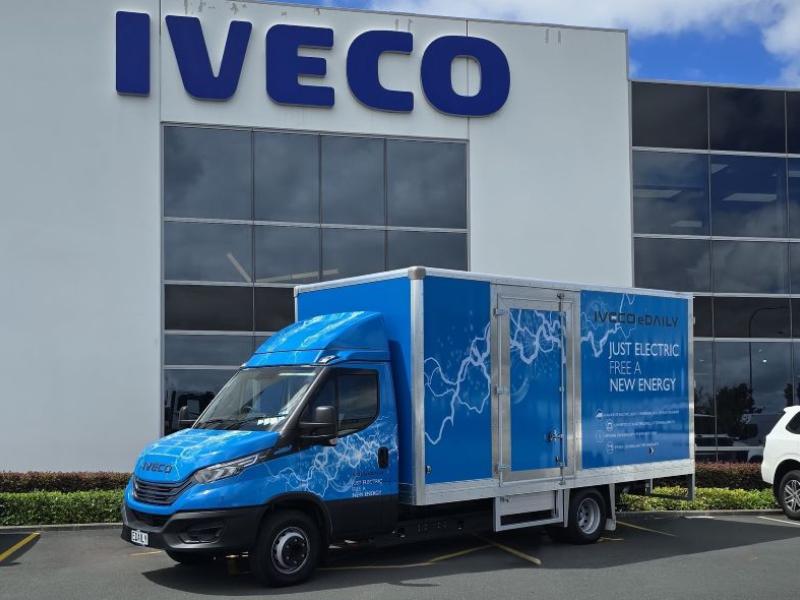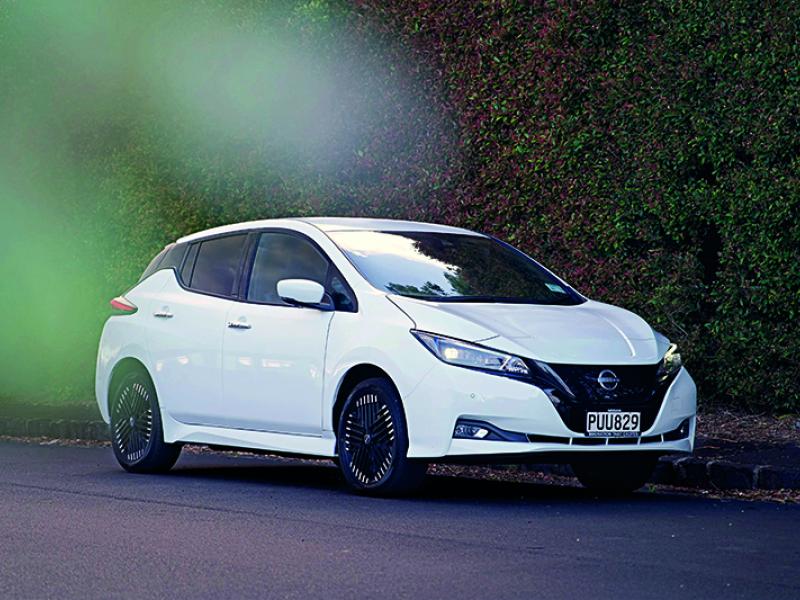In this issue’s EV feature we get you plugged into the watt’s, watt of electric vehicles. Strongly touted as the future of transport and mobility, battery-powered vehicles claim to be great for the environment and ideal for keeping fleet costs low, but is an EV right for your operation? We cover a selection of models, along with their specifications, plus feature a number of customer experience testimonials, fleet management products and best practices for EVs.
Electrifying your fleet – why electric vehicles are (still) a smart choice
Alright, so the new coalition has stopped the rebate and will be introducing Road User Charges (RUCs), but that doesn’t mean that having EVs in your fleet is a bad idea.
As the world becomes increasingly aware of the detrimental effects of traditional combustion engines on our environment, the need for sustainable transportation options has never been more pressing. Electric vehicles (EVs) have emerged as a powerful solution, not only for individual drivers but also for businesses with vehicle fleets. We explore how they can revolutionise your operations while making a positive impact on the planet.
While the initial investment in electric vehicles may seem daunting, long-term savings make them a financially savvy choice for fleet owners. EVs have lower operating costs compared to conventional vehicles due to their higher energy efficiency and minimal maintenance needs. Additionally, as renewable energy becomes more prevalent, the cost of charging EVs continues to decrease, making them even more cost-effective.
One of the misconceptions surrounding electric vehicles is limited range. However, technological advancements have led to significant improvements in battery technology, providing EVs with extensive driving ranges. Modern electric vehicles can travel well over 400km on a single charge, easily meeting the needs of most fleet operations. Furthermore, regenerative braking systems and advanced energy management algorithms improve energy efficiency, maximising the distance covered for every kilowatt-hour of electricity consumed.
Adopting electric vehicles for your fleet aligns your business with corporate social responsibility and positions you as an industry leader in sustainability. Today’s consumers are increasingly conscious of companies’ environmental impact, and they actively support businesses that prioritise sustainable practices. By incorporating electric vehicles into your fleet, you not only reduce your carbon footprint but also enhance your brand image, attracting environmentally conscious customers and gaining a competitive edge.
Shocking Depreciation
Something of note for those venturing down the world of plugged in vehicles though, is the increased overseas chat about ‘SHOCKING’ depreciation on some EV models that has made dealers wary of buying them for stock.
According to new research by UK trading platform HonkHonk.co.uk, they are warning EV drivers to expect little enthusiasm when they offer theirs for sale, saying that more than one in three used car dealers report that they are ‘much less interested’ than a year ago in taking an EV off somebody’s hands.
HonkHonk asked dealers if their attitude toward stocking an EV has changed over the past 12 months and found that more than half of them were less interested today than a year ago.
Most of those – 38.5 percent – said they were ‘much less interested’, while the other 12.3 percent were ‘a bit less interested’.
Sebastien Duval, CEO of HonkHonk, said: “The problem is that the shocking depreciation we saw last year for many EV models has left dealers worried that they’ll lose money if a car doesn’t sell fast.”
Market analysts have reported that EVs are partly the victim of their own success, with supply increasing in the used market and rapid improvements to the latest new models making used examples increasingly common but also less attractive to motorists.
But it’s not all bad news, especially for businesses
How does EV exemption from Fringe Benefit Tax (FBT) for a period of five years sound?
Well, a Bill was introduced to NZ Parliament this March that would exempt electric vehicles (EVs) from Fringe Benefit Tax (FBT) for a period of five years, to provide a clear financial incentive for employers to purchase new EVs as company cars. Here’s what the Bill requests.
Income Tax (Clean Transport FBT Exclusion) Amendment Bill – General policy statement.
Transport makes up a significant and growing percentage of New Zealand’s greenhouse gas emissions. It is estimated that to ensure a stable planet we need to halve fossil fuel use by 2030 and eliminate fossil fuels completely by 2050.
Since 1990, road vehicle emissions have grown faster than any other source of climate pollution, and now make up about 17 percent of all greenhouse gas emissions. Transport emissions are likely to continue to rise in the next few years if there is not sustained government intervention.
Previous legislative changes have already encouraged businesses to support clean modes of transport: by removing fringe benefit tax (FBT) from public transport passes provided to employees and removing the FBT from low-emissions active transport, including bikes, e-bikes, scooters and e-scooters. The Clean Car Discount previously resulted in a record uptake of electric vehicles.
This Bill seeks to restore momentum to electric vehicle uptake by exempting, for five years, zero emissions vehicles that are provided to staff as part of their salary package. This will provide an incentive for employers and employees to choose zero-emissions vehicles over fossil-fuel powered vehicles until such time that they reach price parity.
Providing employees with cars for personal use attracts FBT at the same rate, no matter what type of vehicle is used. Removing FBT from electric vehicles would be an incentive to restore the momentum to the market for electric vehicles, which should also contribute to a growing second-hand market for electric vehicles in a few years’ time. This Bill also clarifies that, for the purposes of the FBT rules, a double-cab ute must be treated as a car.
Next step is a reading – something that will be of interest to many.






